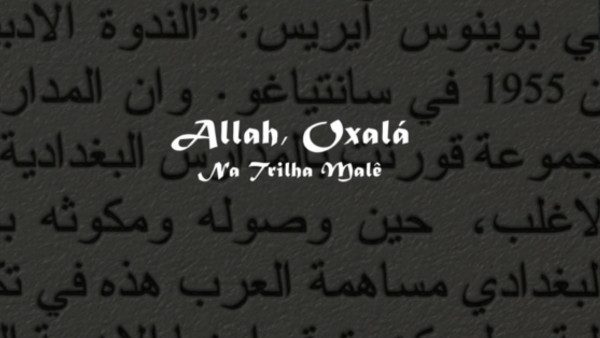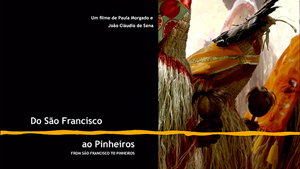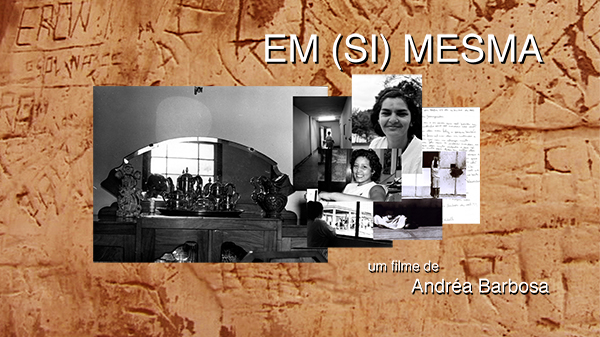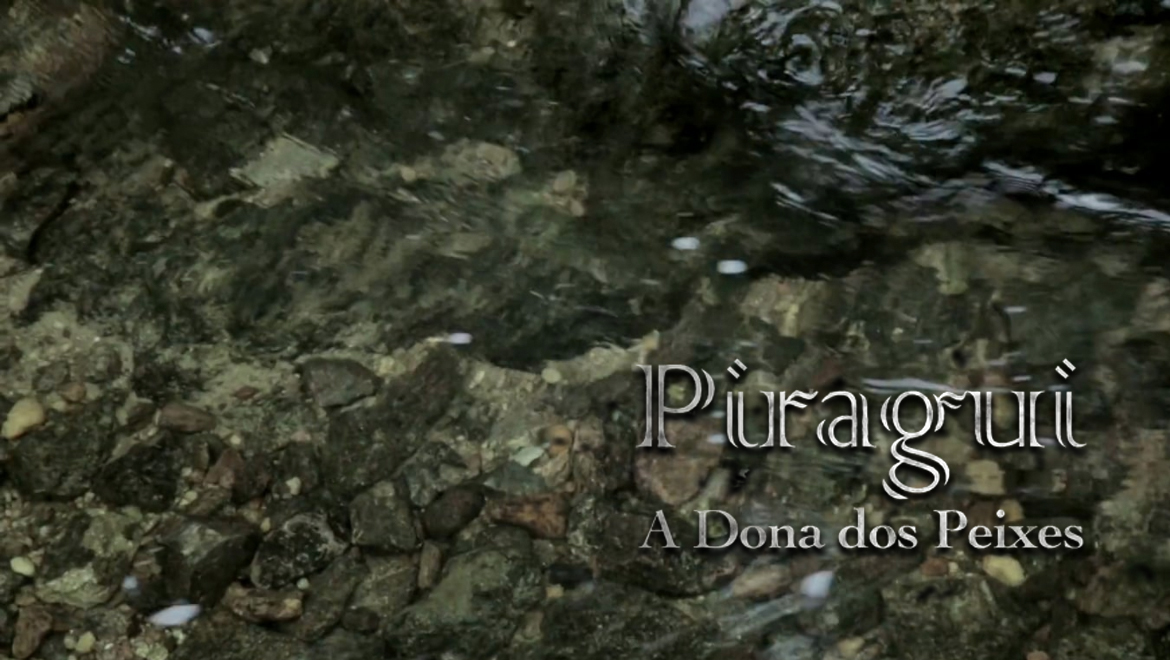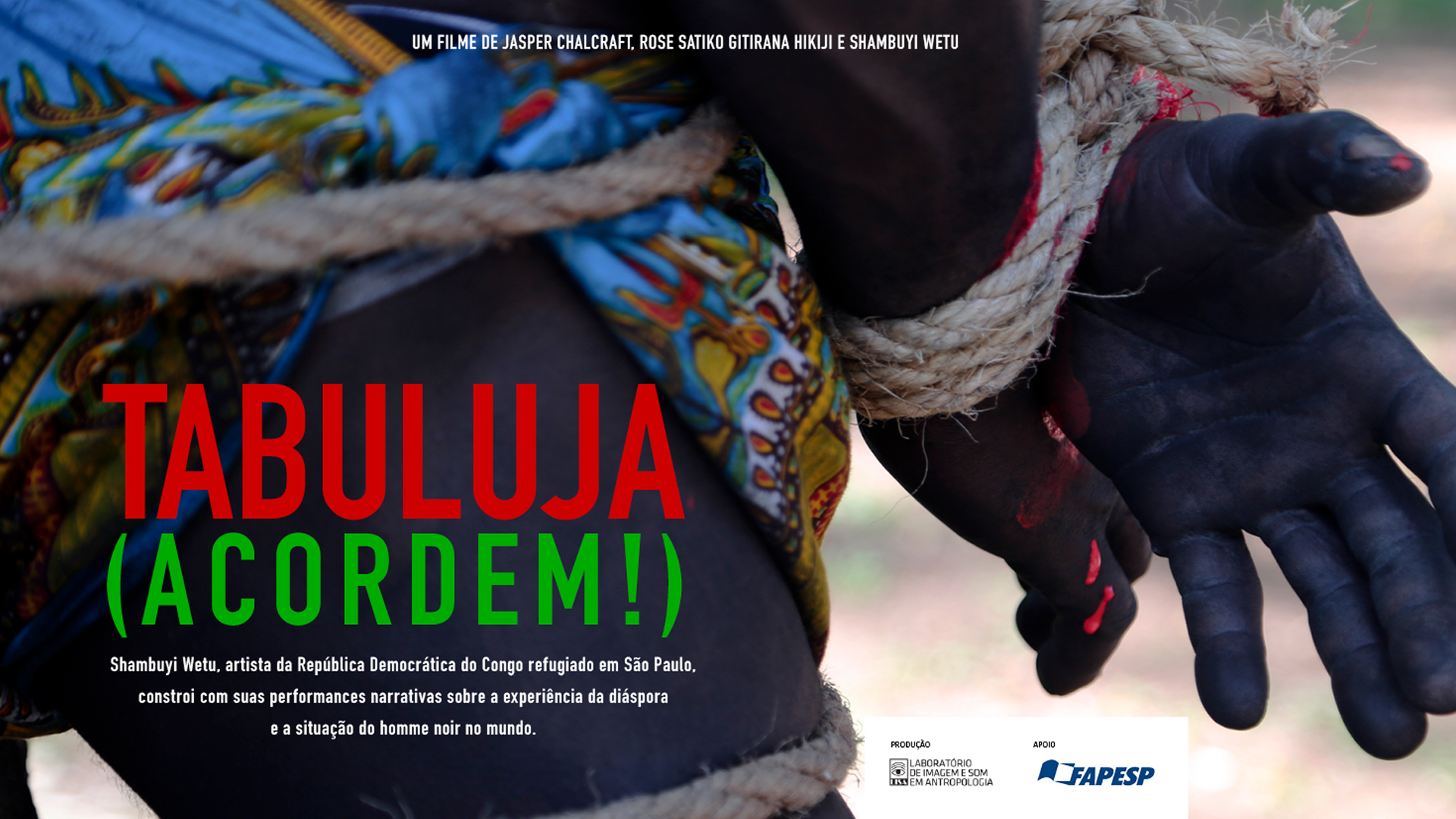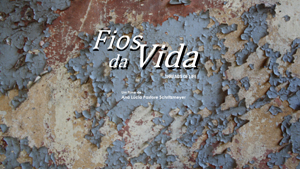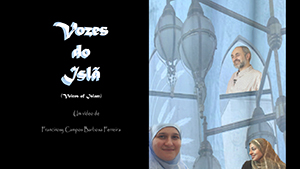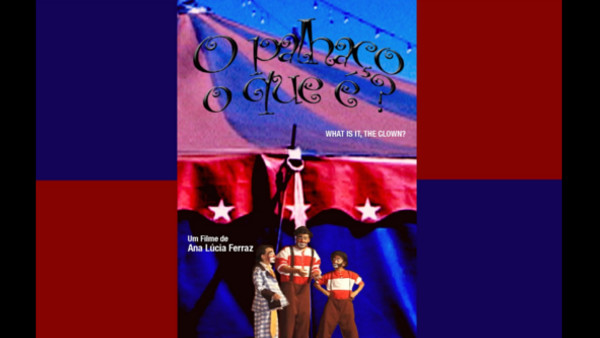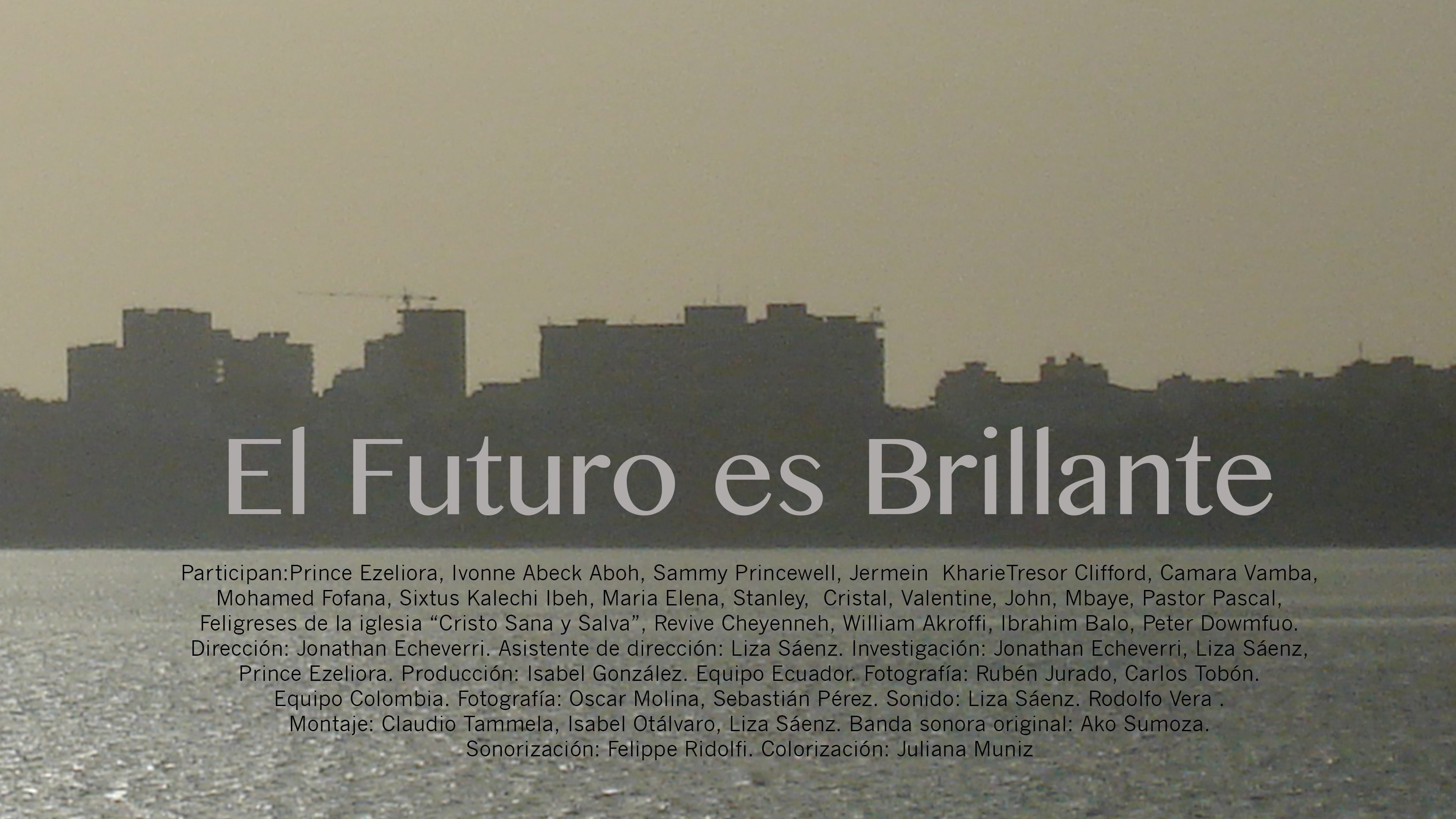
Jonathan Echeverri
This documentary tells the travel stories of Africans who left in search of better horizons outside their continent. Along the way, the absence of papers, migratory controls, limited economic resources and the disappointments they fall into give different rhythms to their itineraries. The story of Jonathan, an anthropologist who has been working on the subject since 2009, links these stories. At the beginning Jonathan finds himself in Dakar, Senegal with KC, Clifford, Mohamed, Camara and Prince who are waiting to leave the continent. A few years later, he follows Prince's itineraries to Quito, Ecuador, where he meets Samson, Ivonne and Jermein. While the destinations of travelers waiting in Dakar are not fixed, in Quito many Africans set off on a risky journey to the United States. Others choose less common destinations, such as Quito or Medellín, Colombia. The tenacity of these Africans evokes the idea of movement as a vital impulse that transgresses borders in an apparently globalized world.



